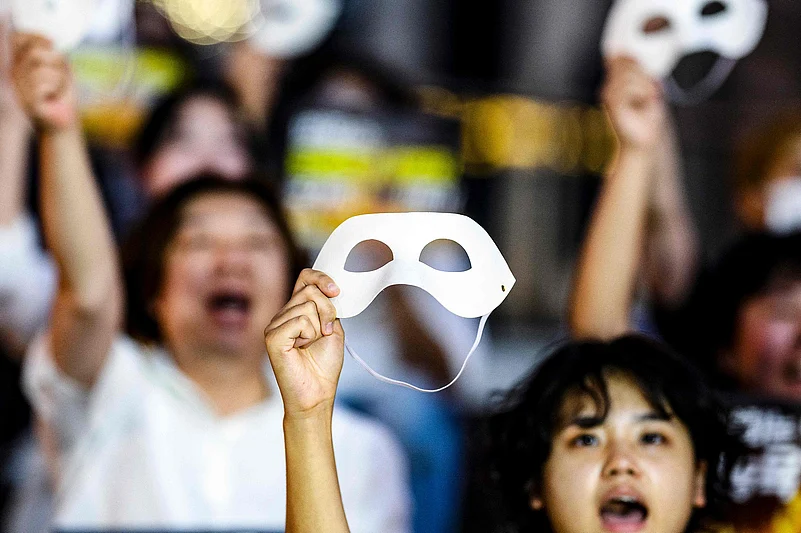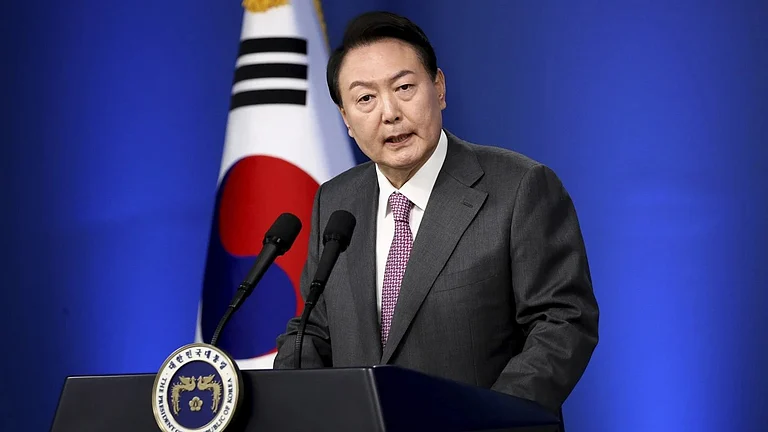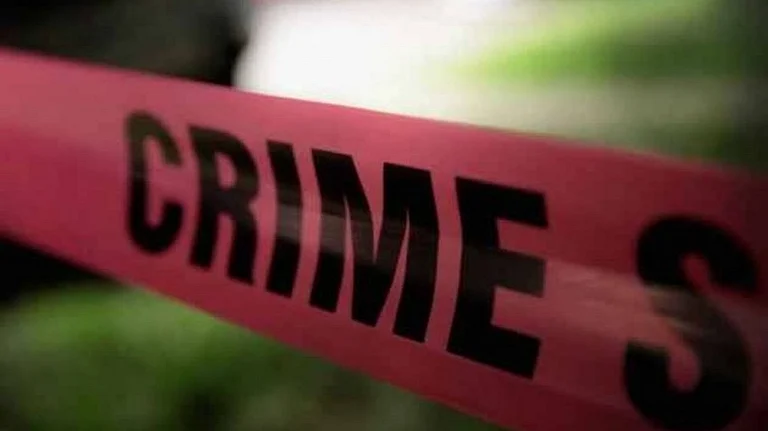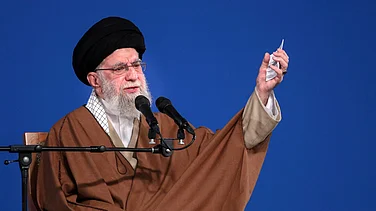South Korea has taken a major step to fight the growing problem of sexually explicit deepfake content. The National Assembly passed a new law on Thursday that bans the possession and viewing of deepfake pornography, which only needs the president's signature to take effect.
Once signed by President Yoon Suk Yeol, anyone caught purchasing, saving, or watching this kind of content could face up to three years in jail or a hefty fine of about $22,600.
The passing of this law is not the first time South Korea has taken action against deepfake pornography. It is already illegal in the country to create and distribute such content, with offenders currently facing a sentence of up to five years in prison or a fine of around $38,000 under the Sexual Violence Prevention and Victims Protection Act. However, the new law tightens the regulations even further by criminalising possession and consumption, regardless of whether there was any intent to share the material.
Moreover, if the new bill is signed into law, the maximum penalty for creating deepfake pornography will increase from five to seven years in prison, even if the creator did not intend to distribute the images.
Public Outrage
Public outrage over the spread of deepfake pornography has been growing in recent years. Just last month, authorities began investigating explicit deepfake images being shared in chat rooms on Telegram. In one shocking case, a report by journalist Ko Narin revealed that faces of female graduates from Seoul National University appeared on deepfake materials produced by former classmates. “I was shocked at how organized the process was,” Ko told the BBC. She also uncovered a group sharing content involving underage students that had over 2,000 members.
The problem is widespread in South Korea, especially among young people. This year alone, 387 people have been arrested for crimes related to deepfake content, with 80% of them being teenagers, according to Yonhap news agency.
The issue also has international dimensions. In January 2023, deepfake explicit images of pop star Taylor Swift circulated widely on the social media platform X (formerly Twitter), drawing millions of views and prompting the platform to temporarily block searches for her name.
Protesters Demand Stronger Legal Action
Earlier this month, over 6,000 protesters gathered in Marronnier Park, northeastern Seoul, to demand stronger legal action against deepfake crimes. Dressed in black and masked, the demonstrators called out the government for what they see as a lack of effective measures to protect victims of digital sex crimes. The protest was organized by "Joint Action to Condemn Misogynistic Violence," a women’s rights group formed primarily by university students.
“Six years ago, hundreds of thousands of women gathered here in Hyehwa to condemn illegal filming and digital sex crimes and urged the government to take action, but the problem hasn’t been solved,” the protest organizers said in a joint statement. "Over time, the damage has expanded. Nothing has changed, and the law has even regressed."
The protesters argued that the current legal framework is outdated and insufficient to combat crimes that evolve rapidly with new technologies, such as deepfakes. They called for a complete overhaul of the legal system, as well as greater political will from lawmakers to tackle these crimes head-on.
“We told you not to film illegally, and now you are doing deepfake?” protesters chanted, urging the National Assembly, the police, and other government agencies to take swift and decisive action against the rising number of deepfake-related crimes.
South Korea is not alone in its efforts to curb deepfake pornography. In May 2023, two U.S. senators introduced a bipartisan bill aimed at punishing individuals who create or share non-consensual deepfake images. The proposed legislation in the U.S. includes penalties such as fines and up to two years in prison, along with civil penalties of up to $150,000.


























